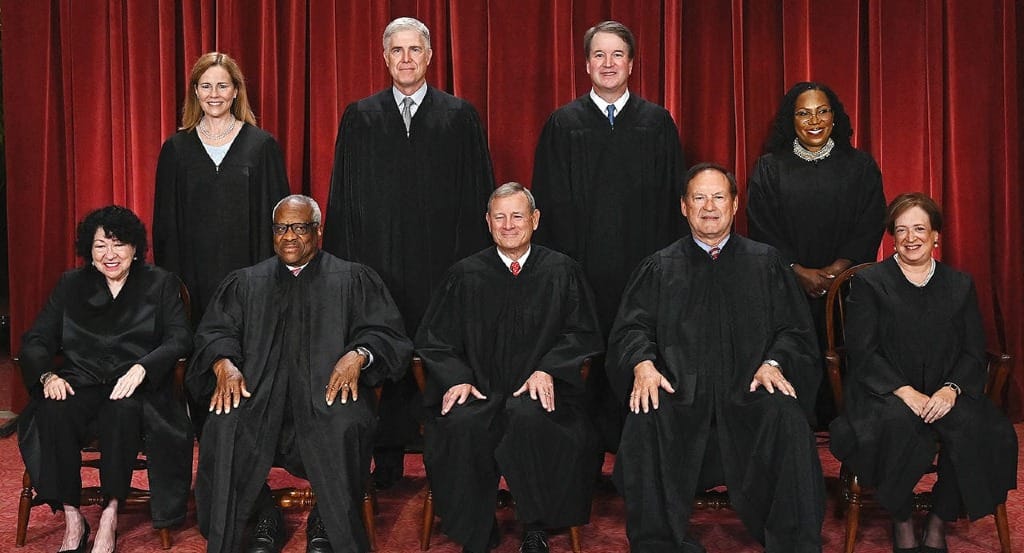Supreme Court to Decide Fate of $8 Billion Broadband Fund
The outcome could affect millions who depend on the USF for affordable communication services.
Jericho Casper

WASHINGTON, Nov. 22, 2024 – The U.S. Supreme Court announced Friday that it will hear a case questioning the constitutionality of the Universal Service Fund, a $8.1 billion program critical to expanding broadband access in rural and underserved areas.
The key issue before the Court is whether the USF and its administrator, the Universal Service Administrative Company, violate the Constitution’s “non-delegation” and “private non-delegation” doctrines.
Critics argue that the Federal Communications Commission improperly delegated legislative authority to USAC, which manages the fund, and that the fee charged to telecom providers resembles a tax, which only Congress can impose.
The consolidated cases — FCC, et al. v. Consumers' Research, et al. and SHLB Coalition, et al. v. Consumers' Research, et al. — will be allotted one hour for oral argument. In addition to the questions raised in the petitions, the Court has directed the parties to brief and argue whether the case is moot due to the challengers’ failure to seek preliminary relief in the Fifth Circuit.
The USF plays a central role in funding several telecommunications programs, including:
- E-Rate: Discounted internet access for schools and libraries, with $2.46 billion allocated in FY 2023.
- Lifeline: Subsidized phone and internet services for low-income households, receiving $869.9 million in FY 2023. The program is considered a predecessor to the FCC’s Affordable Connectivity Program.
- Rural Healthcare (RHC): Support for broadband services for healthcare providers in remote areas, with FY 2023 funding at $468.2 million.
- High Cost: Assistance for building and maintaining rural telecommunications infrastructure, receiving $4.32 billion in FY 2023 to support programs like the FCC’s 5G Fund and the Rural Digital Opportunity Fund.
The Supreme Court’s involvement follows a split among lower courts. In June, the Sixth and Eleventh Circuits upheld the USF as constitutional, but in July, the Fifth Circuit ruled 9-7 that the program violates constitutional limits by granting excessive power to the FCC and USAC.
This split prompted the Solicitor General, representing the FCC, to petition the Court for review, along with a petition filed by a coalition of public interest groups, which includes Benton Institute for Broadband & Society, National Digital Inclusion Alliance, and Media Justice.
If the Court upholds the Fifth Circuit’s ruling, Congress would likely need to act swiftly to reform or replace the funding mechanism. The USF’s funding comes from fees paid by telephone users, but the fund has faced increasing scrutiny as its revenue base from traditional telecom services has declined over the past 15 years due to shifts toward broadband and internet-based services.
Ongoing discussions have included expanding USF's contribution base to include modern broadband providers, content providers like streaming services, and even edge providers.
On Thursday, former FCC Chairman Ajit Pai, from 2017 to 2021, voiced support for direct congressional funding of the USF, echoing proposals from figures like Sen. Ted Cruz, R-Texas. “I do think that the time has come for Congress to shift this to a general appropriation,” Pai said.
The outcome of the case could have far-reaching implications for millions of Americans who rely on the USF to access affordable communications services, particularly in rural, low-income, and underserved areas.









Member discussion